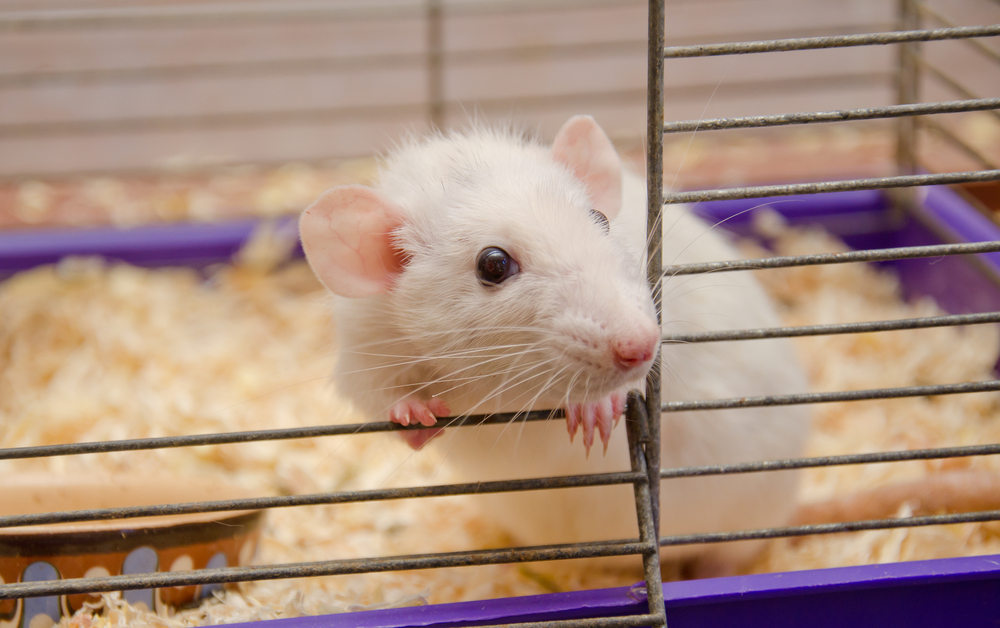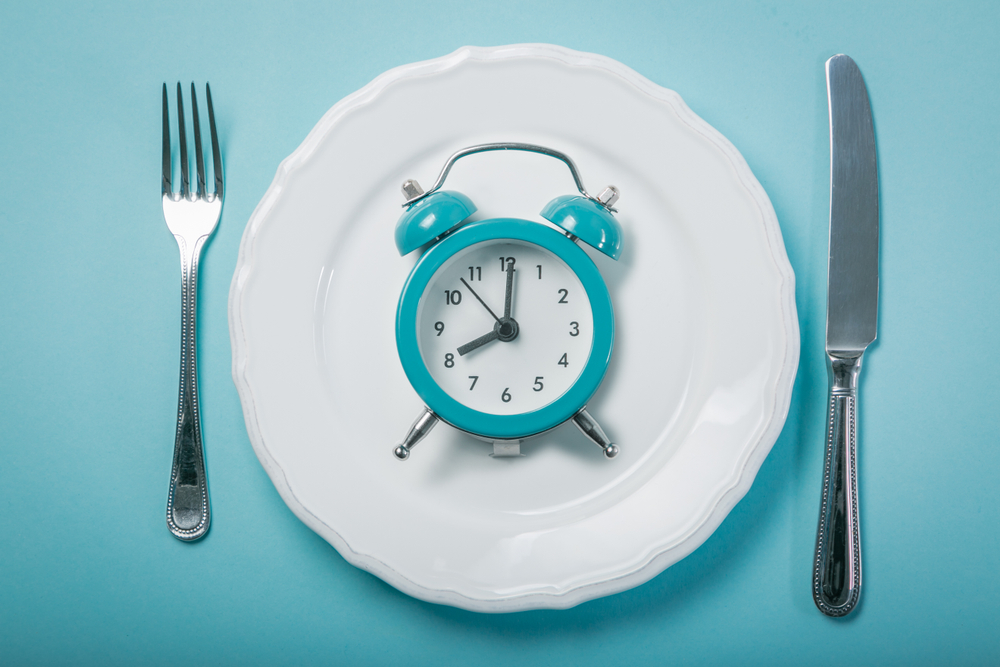


There’s a new diet fad taking over Hollywood called “intermittent fasting,” which involves periods of eating alternated with periods of abstaining from food. The movement has been practiced by celebrities such as Hugh Jackman, Ben Affleck and Beyoncé. But how safe is it?
The health benefits of fasting claims “a large body of research” behind the science. However, most of this research has actually been conducted on animals and not humans.
The research on animals has shown that fasting improves biomarkers of disease, learning and memory functioning and oxidative stress, according to senior investigator Mark Mattson with the National Institute on Aging, part of the National Institutes of Health.

Mattson’s work with rodents and the benefits fasting has on their brains and cardiovascular systems has convinced him to include “well-controlled human studies” in humans of all body mass indexes.
Intermittent fasting is not recommended for everyone, and should be avoided by women who are pregnant or people who have diabetes. Fasting or eating extremely low calorie diets of 500 calories or less could present many dangers to people with blood sugar regulation problems and to the natural growth of a baby in its mother’s womb.
Intermittent fasting should also be avoided by people with eating disorders, as the diet may trigger the desire to reward oneself after fasting with excessive eating or binging, according to Kristen Smith, a spokeswoman for the Academy of Nutrition and Dietetics. Smith notes that by overdoing it on non-fasting days you can defeat the purpose by eating two day’s-worth of calories in one day and stall your weight loss and progress toward your dieting goals.
 For those whom it is safe to try intermittent fasting, how to choose between the many versions of the diet?
For those whom it is safe to try intermittent fasting, how to choose between the many versions of the diet?
Do you try the “time-restricted feeding” method where all your calories are eaten within a 12 hour period followed by 12 hours of fasting? How about the “5:2” diet where two days a week you eat only 500 to 600 calories a day, but the other five days you eat what you want?
And then there’s the alternate-day fasting with 24-hour periods with no calories. This fast may not be feasible for active people or those with jobs involving a lot of physical activity, Smith notes.
 Intermittent fasters looking for the best results should stick to fiber-rich foods and proteins, to help them feel full and energized. Smith recommends mini-meals and snacks for the 500 to 600 calorie days with steamed veggies and salmon, raw veggies or fruit, and Greek yogurt.
Intermittent fasters looking for the best results should stick to fiber-rich foods and proteins, to help them feel full and energized. Smith recommends mini-meals and snacks for the 500 to 600 calorie days with steamed veggies and salmon, raw veggies or fruit, and Greek yogurt.
People trying intermittent fasting are also instructed to cut back on their exercise regimen on fasting days. If your body does not have the fuel to sustain heavy exercise, you should stick to lighter routines such as stretching, light yoga, and walking, according to Samantha Heller, senior clinical nutritionist at NYU Longone Health in New York.
 For intermittent fasters, it’s very important to remember to drink plenty of water. Since people tend to hydrate their bodies when they eat, by not eating there’s a risk of becoming dehydrated. Low-calorie soup broths and watery fruits are also recommended. Limiting caffeinated beverages is also important as they can affect hydration.
For intermittent fasters, it’s very important to remember to drink plenty of water. Since people tend to hydrate their bodies when they eat, by not eating there’s a risk of becoming dehydrated. Low-calorie soup broths and watery fruits are also recommended. Limiting caffeinated beverages is also important as they can affect hydration.
Lastly, pay attention to your body. Any experience of lightheadedness, fatigue, nausea, difficulty concentrating or dizziness are all signs that your body is not functioning properly. Smith advises seeing a registered dietician to discuss the best dietary plan for you.
